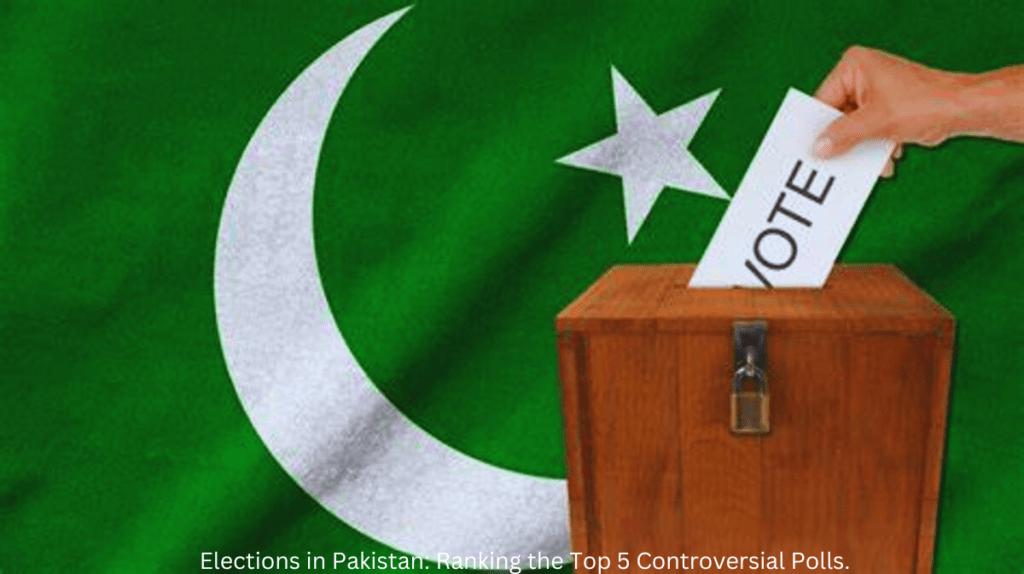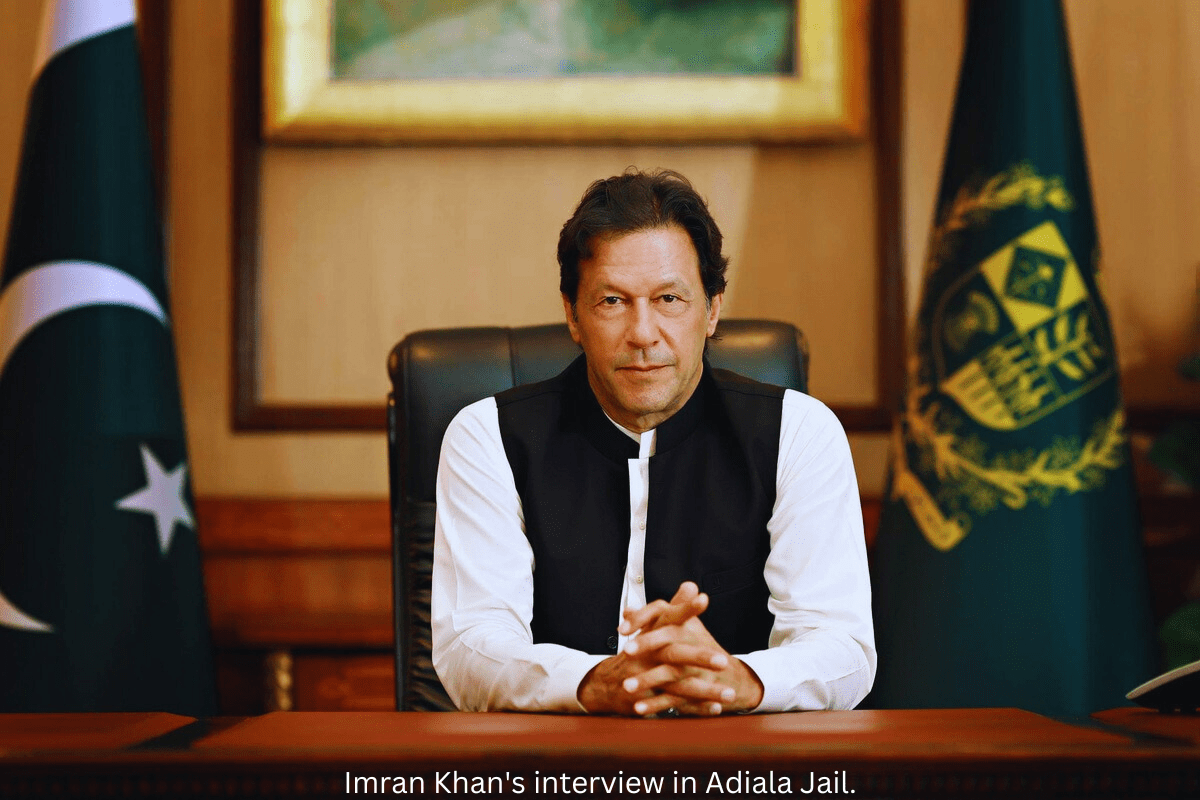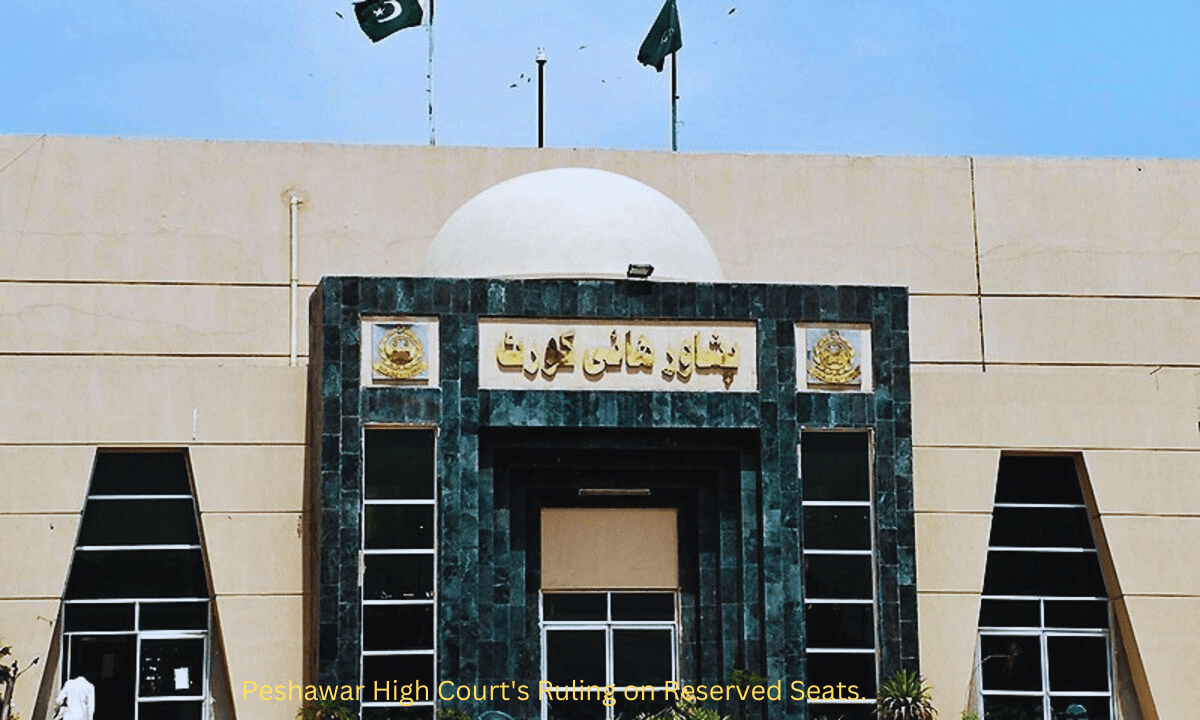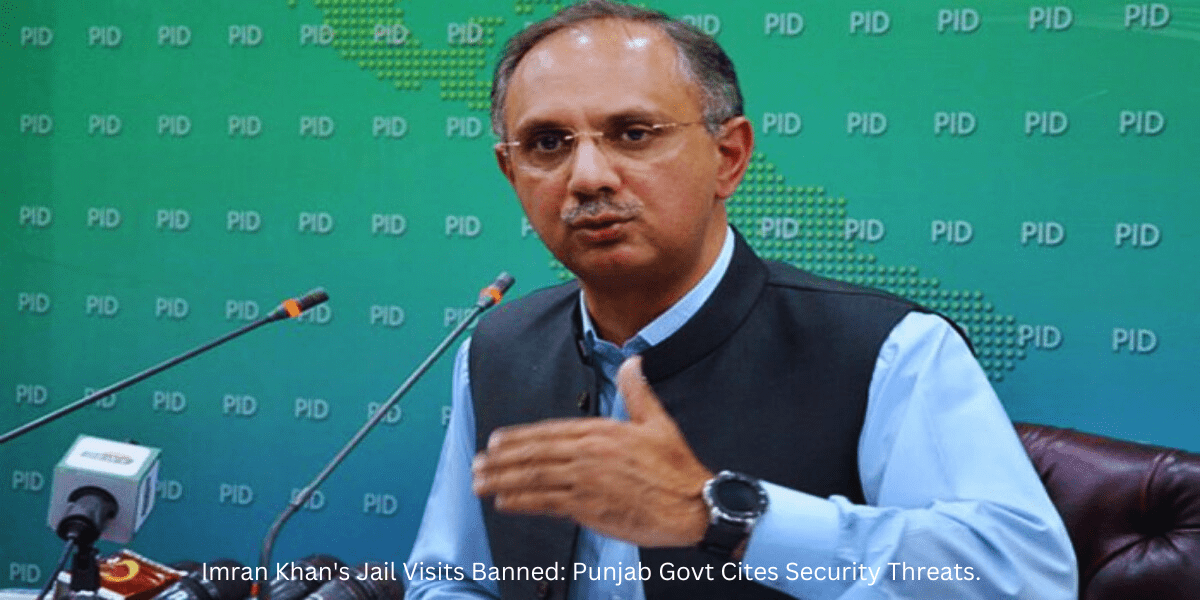
Despite the democratic facade, Pakistan’s electoral history is marred by a series of unfair elections marked by manipulation and political interference. From the controlled elections of 1997 to the controversial polls of 2018, the nation has witnessed a recurring pattern of unfair practices undermining the democratic process. It’s evident that genuine democratic principles have often been overshadowed by power struggles and external influences, raising concerns about the integrity of Pakistan’s electoral system.
Pakistan’s Electoral Landscape: Struggles and Challenges
Pakistan’s electoral journey is a complex tapestry woven with struggles and challenges, reflecting the nation’s ongoing quest for democratic governance. From its inception in 1947 to the present day, the country has navigated through a series of general elections, each marked by its own set of triumphs and tribulations. Despite the aspirations for a transparent and fair democratic process, Pakistan’s electoral landscape is often marred by controversies and irregularities, raising questions about the integrity of the system.
Election Manipulation: Undermining Democratic Foundations
Election manipulation has emerged as a recurring theme in Pakistan’s electoral narrative, posing a significant threat to the integrity of the democratic process. Political parties and external entities frequently employ tactics such as rigging, coercion, and voter intimidation to sway electoral outcomes in their favor. These manipulative practices undermine the foundational principles of democracy, eroding public trust and perpetuating a cycle of political instability. The prevalence of election manipulation underscores the urgent need for comprehensive electoral reforms to safeguard the integrity of the electoral process and uphold the sanctity of democratic ideals.
Political Interference: The Intricacies of Power Play
Political interference, particularly from influential institutions such as the military and intelligence agencies, remains a pervasive challenge in Pakistan’s electoral landscape. The undue influence exerted by these entities often skews electoral outcomes, subverting the will of the electorate and undermining the democratic principles of transparency and accountability. The intricate power play between political actors and external forces further exacerbates tensions within the electoral arena, hindering the emergence of a truly representative and inclusive democratic system. Addressing the issue of political interference requires a concerted effort to depoliticize state institutions, strengthen independent oversight mechanisms, and promote a culture of democratic pluralism and civic engagement.
1997 Elections: Controlled Controversy
The 1997 elections witnessed a clear trend of manipulation, with the state allegedly curbing the popularity of certain parties while favoring others. The landslide victory of Nawaz Sharif raised suspicions of undue influence and suppression of opposition voices, highlighting the challenges of ensuring fair elections in Pakistan.
1985 Elections: The Era of Partyless Polls
Dubbed as ‘partyless’ polls, the 1985 elections were marked by the absence of political parties fielding candidates, a move that undermined the democratic principles of representation. The manipulation of electoral outcomes and the suppression of political voices laid the groundwork for future challenges to genuine democracy in Pakistan.
2002 Elections: The General’s Show
The 2002 elections witnessed the direct involvement of the military in shaping the political landscape, with Pervez Musharraf engineering the formation of a new political party to consolidate power. The manipulation of electoral rules and the suppression of opposition voices underscored the challenges of ensuring fair elections in Pakistan.
1990 Elections: The Mother of All Rigging
The manipulation of the 1990 elections laid bare the extent of political interference and corruption, with allegations of rigged outcomes and the subversion of popular will. The involvement of state actors and the distribution of public funds to influence electoral outcomes highlighted the systemic challenges facing Pakistan’s democratic process.
2018 Elections: The Height of Controversy
The 2018 elections were marred by allegations of widespread manipulation and interference, with the ouster of Nawaz Sharif paving the way for a contentious electoral process. The censorship of media, coercion of political leaders, and technical glitches during the voting process raised serious doubts about the integrity of the election.
Pakistan’s general elections have been a battleground for democratic ideals, yet overshadowed by a persistent shadow of manipulation and interference. Despite the nation’s aspirations for transparent and fair elections, the prevalence of unfair practices has undermined the integrity of the electoral process, perpetuating a cycle of political instability and distrust.
Challenges Ahead: Navigating Towards Genuine Democracy
As Pakistan confronts its electoral challenges, the path towards genuine democracy is fraught with obstacles and complexities. Overcoming entrenched interests, institutional biases, and societal divisions requires a multifaceted approach that prioritizes electoral transparency, accountability, and civic participation. Implementing meaningful electoral reforms, fostering a culture of political tolerance, and promoting inclusive governance are essential steps towards building a more resilient and equitable democratic framework. Despite the formidable challenges ahead, the pursuit of genuine democracy remains a collective endeavor that demands unwavering commitment, perseverance, and civic engagement from all stakeholders.
Frequently Asked Questions (FAQ’s)
Q: What are some common reasons behind election manipulation in Pakistan?
A: Election manipulation in Pakistan often occurs due to power struggles between political parties and interference from external entities, including the military and intelligence agencies.
Q: How do unfair elections impact Pakistan’s political landscape?
A: Unfair elections contribute to political instability, erode public trust in the democratic process, and hinder the country’s progress towards genuine democracy.
Q: What measures can be taken to address election manipulation in Pakistan?
A: Implementing electoral reforms, ensuring transparency in the electoral process, and holding accountable those responsible for election rigging are essential steps to combatting manipulation in Pakistan’s elections.




Leave a Reply